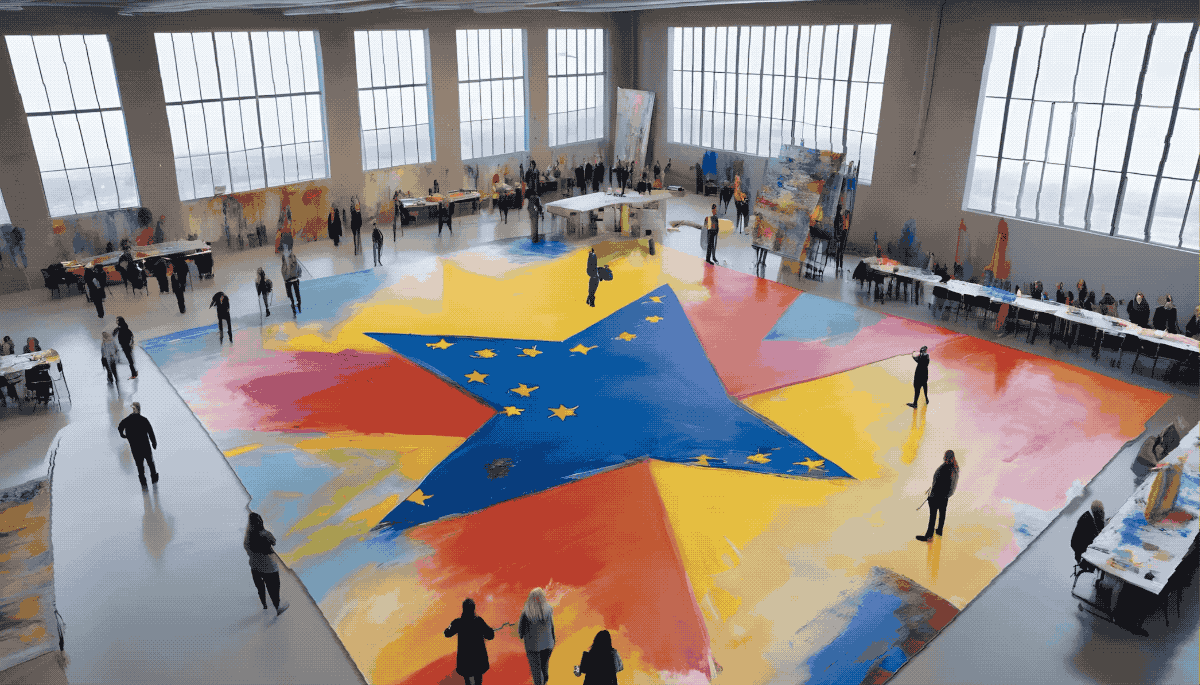The European Union has long recognised the importance of inclusive education as a cornerstone for achieving a more equitable society. Through various funding mechanisms and initiatives, the EU supports projects that aim to make education accessible and beneficial for all members of society, regardless of their background or abilities.
Current EU Projects on Inclusive Education
1. Erasmus+ Programme: This flagship initiative has been pivotal in promoting inclusive education across Europe. It supports transnational partnerships among educational institutions, providing opportunities for students and staff to gain experience abroad and bring back best practices to their home countries. The programme emphasizes non-formal and informal learning settings, innovative teaching methods, and the well-being of students to create a non-discriminatory and motivating learning environment.
2. Horizon Europe – Cluster 2: This part of Horizon Europe, the EU’s key funding program for research and innovation, focuses on “Culture, Creativity, and Inclusive Society”. It includes projects that aim to strengthen democratic values, rule of law, and socio-economic transformations conducive to inclusion.
3. European Social Fund Plus (ESF+): As the EU’s main instrument for investing in people, the ESF+ focuses on enhancing social inclusion by improving access to education for underprivileged groups. This fund supports projects that address educational disparities and promote inclusive education practices across EU member states.
4. Rights, Equality and Citizenship Programme (REC): This programme aims to promote non-discrimination and equality, including in the educational sector. Projects under this programme focus on combating racism, xenophobia, and discrimination while promoting diversity in educational settings across Europe. The REC programme enhances inclusive education by ensuring that all students, regardless of their background, have access to quality education in a respectful and inclusive environment.
5. Creative Europe: While primarily focused on culture and the arts, Creative Europe indirectly supports inclusive education through its cultural and media projects that foster social inclusion and cultural diversity. This programme funds initiatives that include educational components, particularly those that use artistic and cultural activities as tools for education and social inclusion. Such projects often target young people and marginalized communities, using creative approaches to teach and promote inclusivity.
These programs collectively contribute to the EU’s strategic objective of creating inclusive, innovative, and reflective societies. By addressing educational exclusion and barriers, they play a crucial role in ensuring that education in Europe is equitable and accessible to all.
Future Directions and Projects (2024 Onwards)
1. Expansion of the Erasmus+ Programme: The EU plans to double the budget of the Erasmus+ programme, reflecting its commitment to increasing the reach and impact of its inclusive education initiatives. This expansion will include a specific focus on inclusion, with tailored strategies to ensure that more individuals from disadvantaged backgrounds can participate.
2. Innovative Platforms for Inclusive Education: The EU is also working on enhancing digital platforms like eTwinning and the European Toolkit for Schools. These platforms provide resources and networking opportunities for educators to share methodologies and tools that foster inclusivity in classroom settings.
3. European Solidarity Corps and Erasmus+ Virtual Exchange: These initiatives are part of the broader EU strategy to engage young people in voluntary activities that benefit communities while promoting social inclusion and solidarity across borders. The Virtual Exchange program, in particular, is expected to facilitate intercultural understanding through online interactions as part of formal and non-formal education.
Impact and Importance
The continuous investment in these programs is evident in the numerical growth of projects and participants. For instance, the Horizon Europe program alone encompasses a budget of €95.5 billion, indicating the scale and scope of EU commitment to fostering inclusive environments through research and practical initiatives.
These projects not only address immediate educational needs but also contribute to long-term social goals of the EU, such as reducing disparities, enhancing social cohesion, and building a resilient, knowledgeable society that values diversity and inclusion.
In the next part of our 2-piece article we’ll talk more about the impact and importance of the aforementioned programs in order to realise better their significance.

